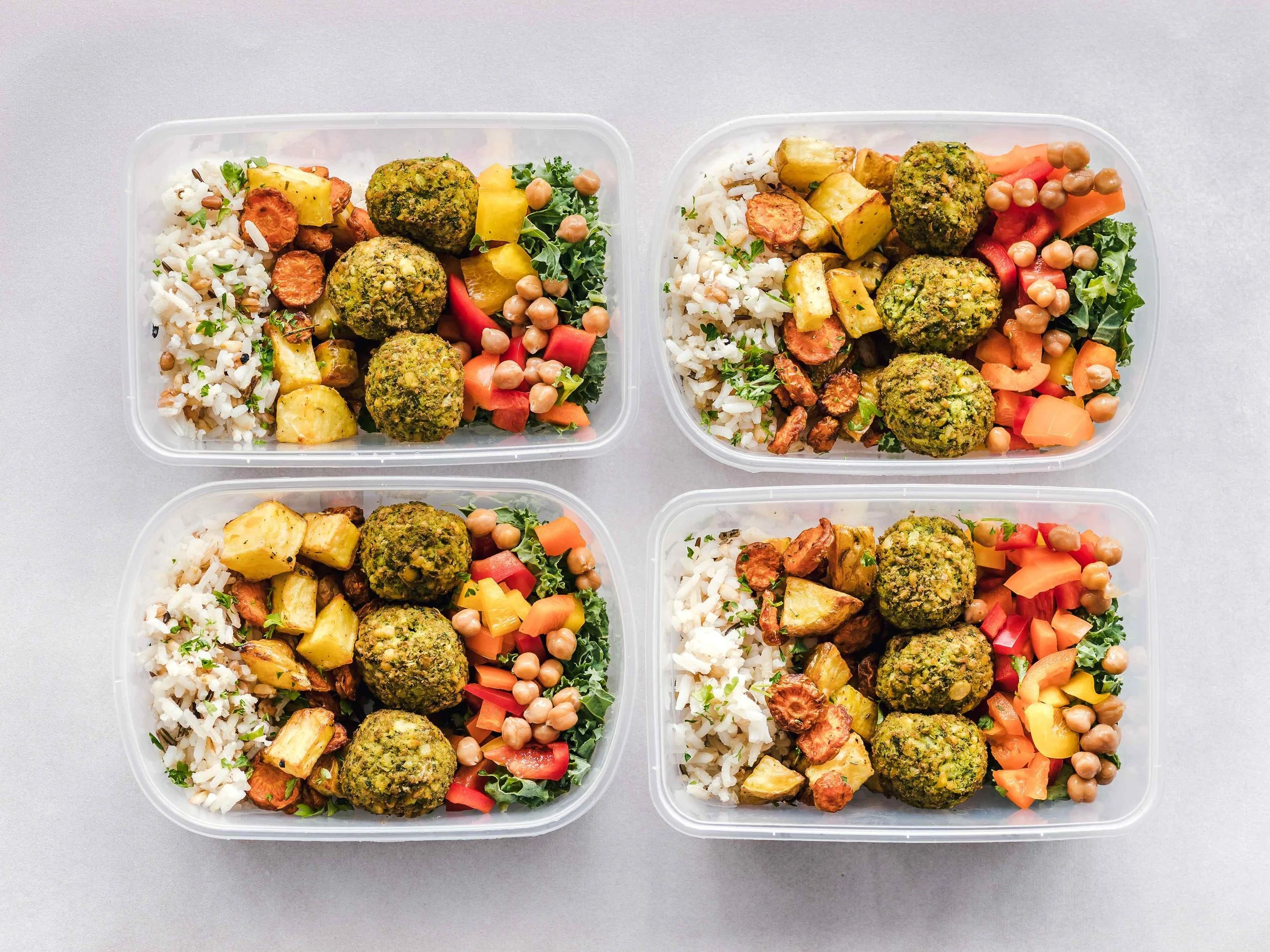The World of Plant Proteins: An Untapped Source for Weight Loss & Health
Read Time : 3 mins 10 sec
In the realm of nutrition, the word 'protein' often conjures images of juicy steaks, chicken breasts, and the good old-fashioned eggs for breakfast. But did you know an entire world of plant-based proteins is waiting for you to explore? As a physician specializing in weight loss, I often advise my patients to include more plant proteins in their diet for a plethora of health benefits. They can help maintain a healthy weight, reduce the risk of chronic diseases, and contribute to a more sustainable planet. Let's delve deeper into plant proteins and uncover some fascinating facts!
**Q: What is protein, and why do we need it in our diet?**
A: Ah, the quintessential question! Proteins are often labeled as the 'construction workers of the body.' They're essential for growth, tissue repair, enzyme production, hormone regulation, and fortifying our immune system. Imagine building a skyscraper with no steel; that's your body without protein!
**Q: How much protein should we be consuming daily?**
A: An average adult needs approximately 50 grams of protein per day, though this can fluctuate based on age, gender, body weight, and physical activity level. It's like choosing a pair of shoes; everyone needs a different size!
**Q: Can someone consume too much protein?**
A: Indeed, they can. More isn't always merrier when it comes to protein! Overdoing it can lead to digestive issues, kidney damage, and weight gain. It's essential to strike the right balance.
**Q: Can you explain the difference between plant and animal proteins?**
A: Absolutely! Animal proteins are often labeled 'complete' because they contain all nine essential amino acids our bodies can't produce independently. Plant proteins, with a few exceptions like quinoa and soy, are typically 'incomplete.' However, combining different plant proteins can provide a complete protein profile.
**Q: Is it possible to sustain life on plant-based protein alone?**
A: Absolutely! There are countless vegetarians and vegans worldwide thriving on plant-based diets. It's all about getting a suitable variety and balance of proteins. Plus, it might save you from cooking steak every night!
**Q: Does protein intake help with weight loss?**
A: Certainly! Protein is the nutritional equivalent of that friend who makes you feel satisfied and prevents you from overeating. It also requires more energy to digest, thus burning more calories. So, a protein-rich diet can aid in weight loss. But remember, protein isn't a magic bullet; other factors also contribute to healthy weight loss.
Before we talk about plant-based protein sources, it's essential to address the elephant in the room: the potential dangers of animal protein. High intake of certain types of animal protein has been linked with chronic diseases such as heart disease, certain cancers, and kidney problems. Plus, the high saturated fat content in many animal protein sources isn't great for cholesterol levels. That's not to mention the environmental impact of animal farming!
Time to explore some delicious sources of plant-based proteins. Here are my top 15 picks:
1. **Lentils** - Offering 18 grams of protein per cooked cup, these are fiber powerhouses too.
2. **Chickpeas** - 15 grams of protein per cooked cup, perfect for salads, hummus, or roasted snacks.
3. **Quinoa** - 8 grams per cooked cup. A complete protein and a great rice substitute.
4. **Almonds** - 6 grams of protein per ounce, packed with vitamin E and healthy fats.
5. **Tofu** - Delivers 10 grams per half-cup. Versatile and delicious.
6. **Edamame** - A protein titan with 17 grams per cooked cup. Great for snacking or in salads.
7. **Chia Seeds** - Tiny seeds with 5 grams of protein per ounce, also packed with omega-3 fatty acids.
8. **Green Peas** - 8 grams of protein per cup. A good source of fiber and vitamins.
9. **Peanut Butter** - Two tablespoons provide about 8 grams of protein. Remember, it's not a protein tub!
10. **Hemp Seeds** - 10 grams of protein in three tablespoons, also a great source of omega fatty acids.
11. **Oats** - Half a cup offers around 6 grams of protein and is a fantastic source of soluble fiber.
12. **Black Beans** - 15 grams of protein per cup, plus they're rich in iron and fiber.
13. **Seitan** - A protein beast with 25 grams per 3.5 ounces, but unsuitable for those with gluten issues.
14. **Spirulina** - 8 grams of protein in two tablespoons. This blue-green algae is a nutrient powerhouse.
15. **Nutritional Yeast** - 14 grams of protein per ounce, fortified with B vitamins.
So there you have it, a feast of plant-based proteins ready for you to explore! Remember, variety is the spice of life, so try mixing and matching these protein sources. Your body and our planet will thank you.


